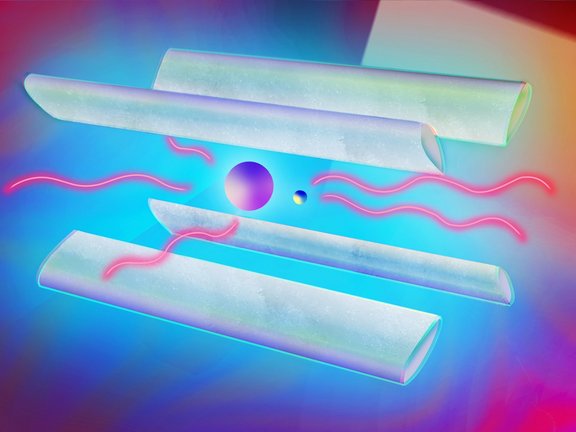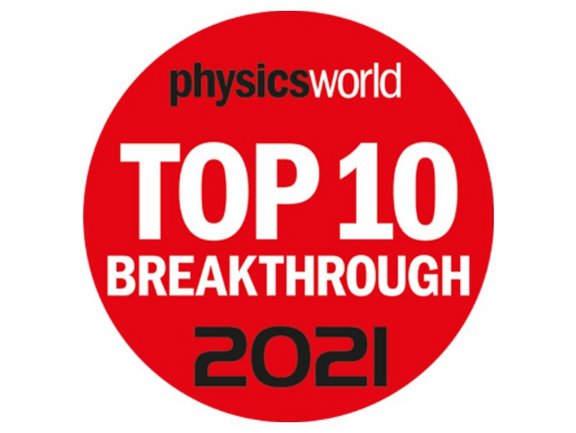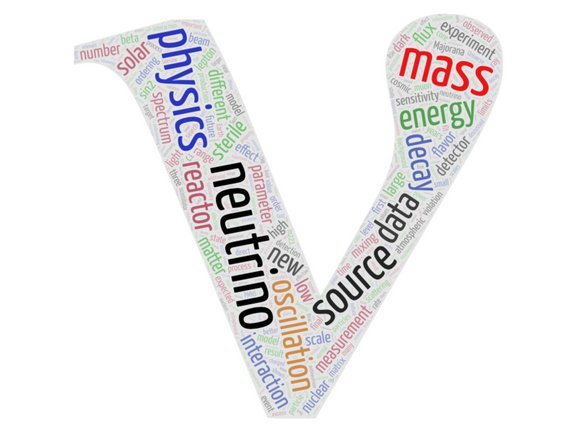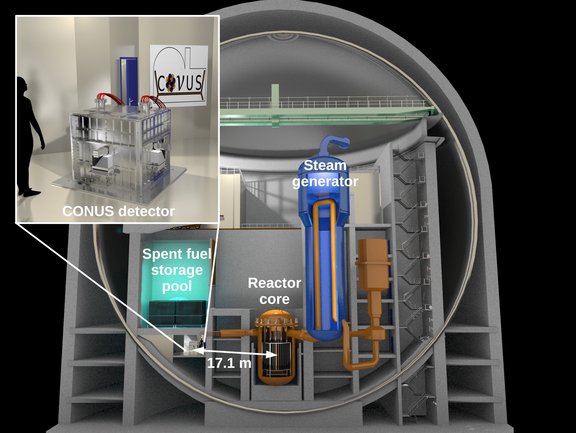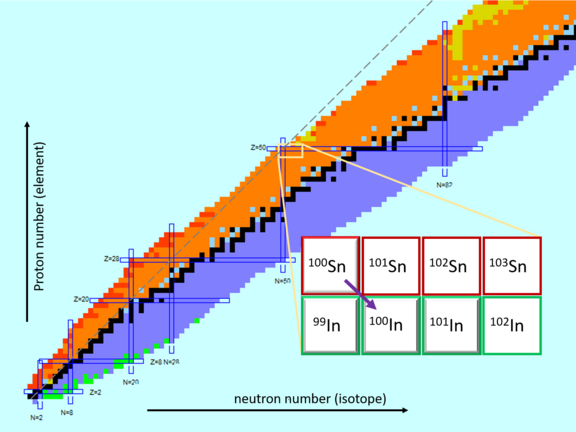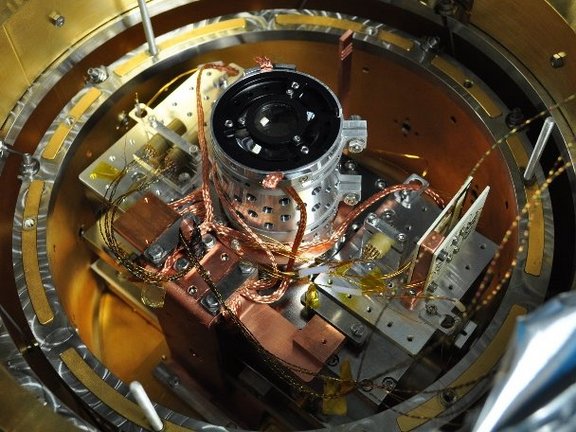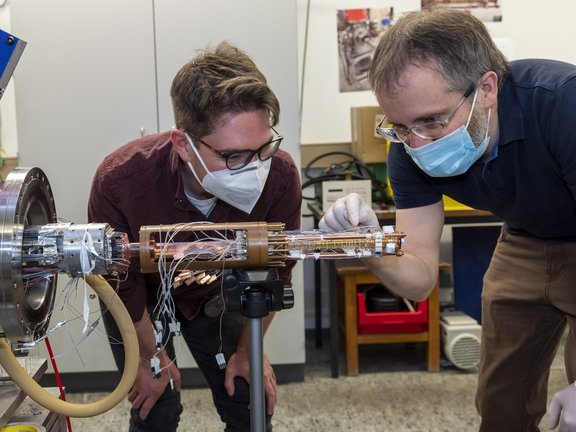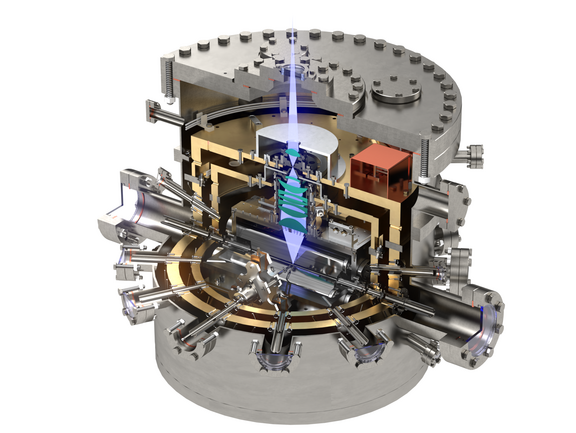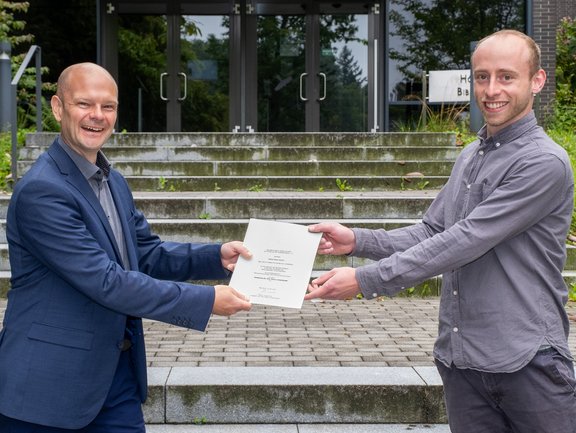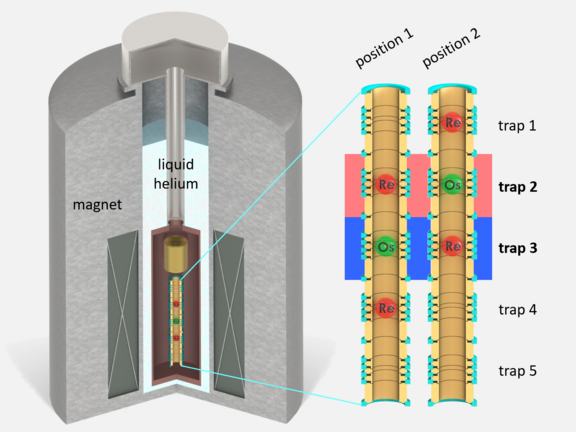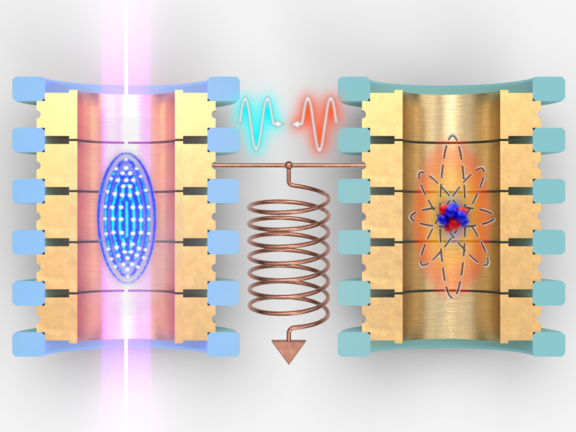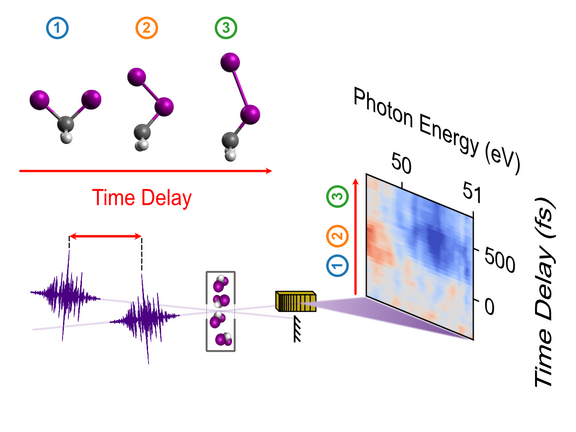All News
Quantum algorithms bring ions to a standstill
Laser beams can do more than just heat things up; they can cool them down too. That is nothing new for physicists who have devoted themselves to…
MPIK twice among the finalists for “Breakthrough of the Year 2021“
Both the work on coherent control of nuclear excitations with suitably shaped X-ray light and the new method for sympathetic laser cooling of protons…
Honorary doctorate for Heinrich Völk
The Max Planck Institute for Nuclear Physics congratulates Prof. Dr. Heinrich Völk on the award of an honorary doctorate by the Siberian Branch of the…
Adriana Pálffy-Buß appointed to the University of Würzburg
PD Dr. Adriana Pálffy-Buß has accepted an appointment to a W2 professorship in theoretical quantum information and quantum optics at…
Professorship for Anne Harth
Dr. Anne Harth, head of a junior research group in the Pfeifer department at MPIK, has accepted a professorship for “Computational Optics & Light…
3G Rule at MPIK
Wednesday, 24 November 2021, the 3G rule to reduce the incidence of infection goes into effect.
Employers and employees must carry certificates of…
Andreas Wolf receives Dieter Möhl Medal
Andreas Wolf received a Dieter Möhl Medal 2021 for “his pioneering work in the use of low energy electron coolers in merging electron beams for atomic…
CONUS narrows the scope for “new physics”
There are a number of reasons why the Standard Model of particle physics is not considered to be complete. One very interesting option here is the…
Dissertation Prize of DPG for Peter Micke
For his dissertation and lecture entitled „Quantum Logic Spectroscopy of Highly Charged Ions“, Dr. Peter Micke has been awarded the Dissertation Prize…
A passion for precision
The Otto Hahn Prize 2021 goes to Klaus Blaum of the Max Planck Institute for Nuclear Physics in Heidelberg. The award is endowed with 50,000 euros and…
Revealing the secrets of an exotic nucleus
The exotic nucleus tin-100 is challenging to access experimentally, but ab initio calculations provide reliable results. This is shown by new…
New BMBF quantum technology project VAUQSI launched at MPIK
The quantum technology project Many-Frequency Control of Ultrastable Qubits in Superconducting Ion Traps (Viel-Frequenz-Ansteuerung Ultrastabiler…
DPG Dissertation Prize for Jonas Karthein
For his PhD thesis on "Next-Generation Mass Spectrometry of Exotic Isotopes and Isomers" Dr. Jonas Karthein was awarded the Dissertation Prize of…
In the trap: new cooling method for charged particles
For the first time, physicists have successfully implemented a new method for cooling protons using laser-cooled ions – here beryllium ions. The…
Novel superconducting trap for precise frequency measurements
The group led by José Crespo López-Urrutia at MPIK in collaboration with the Physikalisch-Technische Bundesanstalt has built and successfully tested a…
Important measuring method of neutrino physics on the test bench
With precise mass measurements and highly accurate calculations, a team led by MPI for Nuclear Physics has now succeeded in independently testing the…
Cooling of single ions via tank circuit coupling
Members of the group around Sven Sturm in the division of Klaus Blaum at MPIK present a novel technique that allows to efficiently cool arbitrary ions…
Timing molecular structural dynamics both excited and probed by extreme ultraviolet light
MPIK physicists of the group around Christian Ott (division of Thomas Pfeifer) demonstrated for the first time an all-XUV (extreme ultraviolet)…
